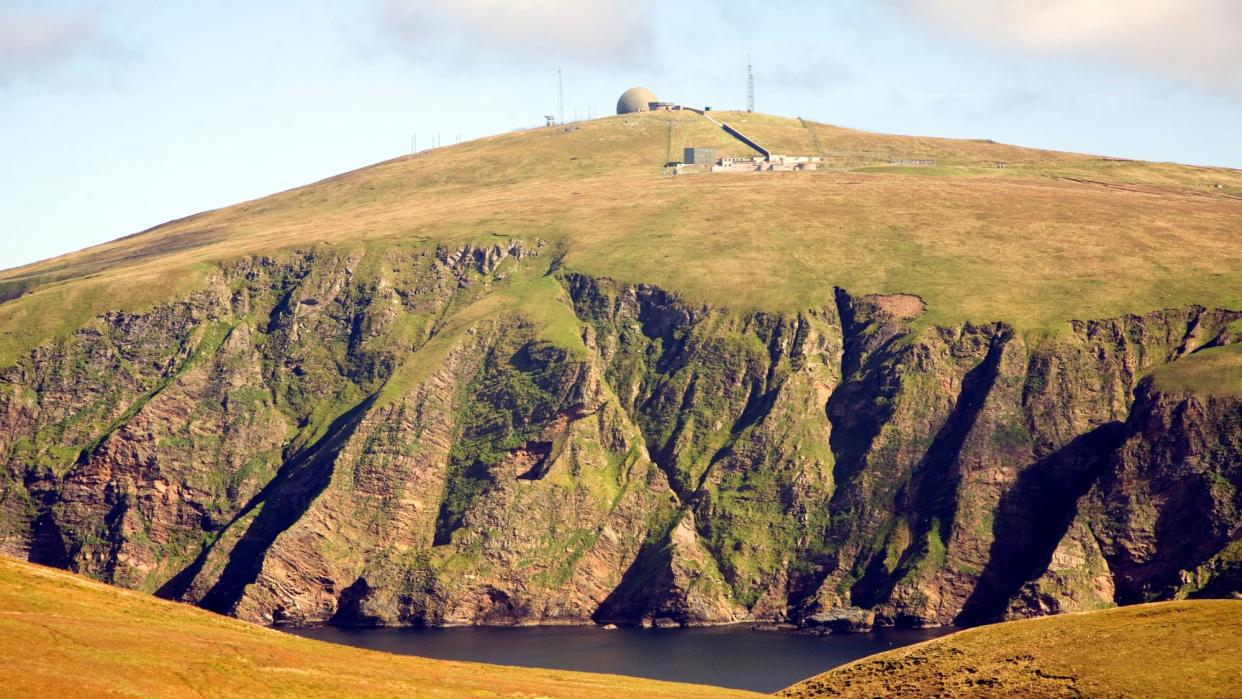Lift-off in Shetland Islands for UK's first vertical spaceport

A former RAF base on the remote Shetland island of Unst has become Western Europe's first licensed spaceport capable of launching rockets vertically.
The SaxaVord Spaceport, located on the northernmost island of the Shetland archipelago, has received a licence from the Civil Aviation Authority (CAA) to begin launching rockets from next year.
The licence "will allow up to 30 satellites and other payloads" to be launched into "commercially valuable polar, sun-synchronous orbits", The Guardian said. Demand is high from satellite operators for such satellites, which can be used for communications purposes as well as for observation of the Earth.
SaxaVord is one of three UK launch sites "vying to become Europe's leading spacehub", said Space.com.
Another contender, the Sutherland Spaceport, located on the A'Mhòine peninsula on the north coast of Scotland, is still awaiting a licence.
Britain has only one other licensed spaceport, in Newquay, Cornwall, but it can only support horizontal launches, meaning "rockets are launched from aircraft after being carried to high altitudes underwing", Space.com explained.
Scott Hammond, deputy chief executive of SaxaVord, told The National that while there are no current missions scheduled, next summer should be "achievable" to host the site's first launch. "I think we will be putting up satellites that will go up and grab old satellites and get them out of orbit so as to decrease space waste," Hammond said.
Two German companies, Rocket Factory Augsburg and HyImpulse, are currently hoping to carry out launches from SaxaVord next year.
According to Sky News, husband and wife Frank and Debbie Strang, who have owned the site since 2004, "also have plans for a hotel and visitor centre".
Frank Strang told the broadcaster the UK was "right at the head of the European Space Race".
"I see it as akin to the ascent of Everest by Hillary," he said. "It makes a statement, it creates a feelgood factor and it shows the world the UK is very serious about the space economy."

